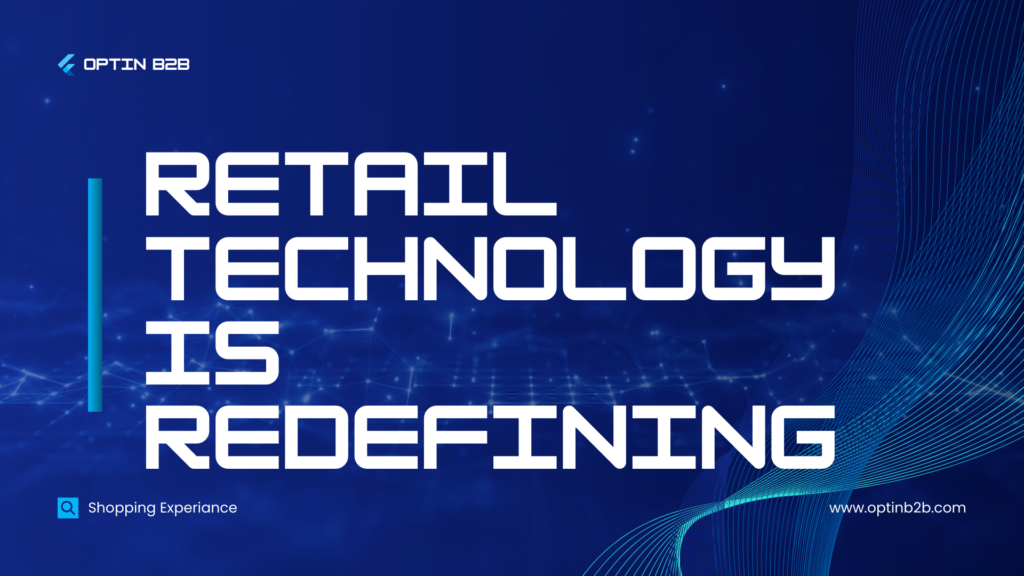How Retail Technology is Redefining the Shopping Experience
Retail technology is revolutionizing how businesses engage with customers, manage operations, and drive sales. From smart shelves to AI-powered analytics, the integration of technology in retail is creating a more dynamic and responsive shopping experience. This digital transformation is not just enhancing efficiency but also redefining customer expectations. One of the most significant advancements in retail tech is the adoption of omnichannel strategies. By seamlessly integrating online and offline experiences, retailers are providing customers with greater flexibility and convenience. For instance, options like click-and-collect, curbside pickup, and virtual fitting rooms bridge the gap between digital and physical stores, enhancing customer satisfaction. AI and machine learning are playing pivotal roles in personalizing the shopping journey. Retailers can analyze purchasing patterns and predict customer preferences, delivering tailored promotions and product recommendations. Chatbots and virtual assistants further streamline customer interactions, offering instant support and enhancing engagement. In-store technology is also undergoing a transformation. Smart checkout systems, powered by RFID and computer vision, allow for cashier-less shopping experiences, minimizing wait times. Interactive kiosks and digital signage provide real-time product information, while IoT-enabled devices optimize inventory management and reduce stockouts. Sustainability is another area where retail tech is making an impact. From energy-efficient store designs to AI-driven supply chain optimization, retailers are adopting green practices to appeal to eco-conscious consumers. These innovations not only reduce environmental impact but also create new value propositions for customers. As retail technology continues to evolve, businesses must stay agile and embrace innovation to remain competitive. By leveraging cutting-edge tools and focusing on customer-centric strategies, the retail industry can meet the demands of the modern consumer while shaping the future of commerce.



